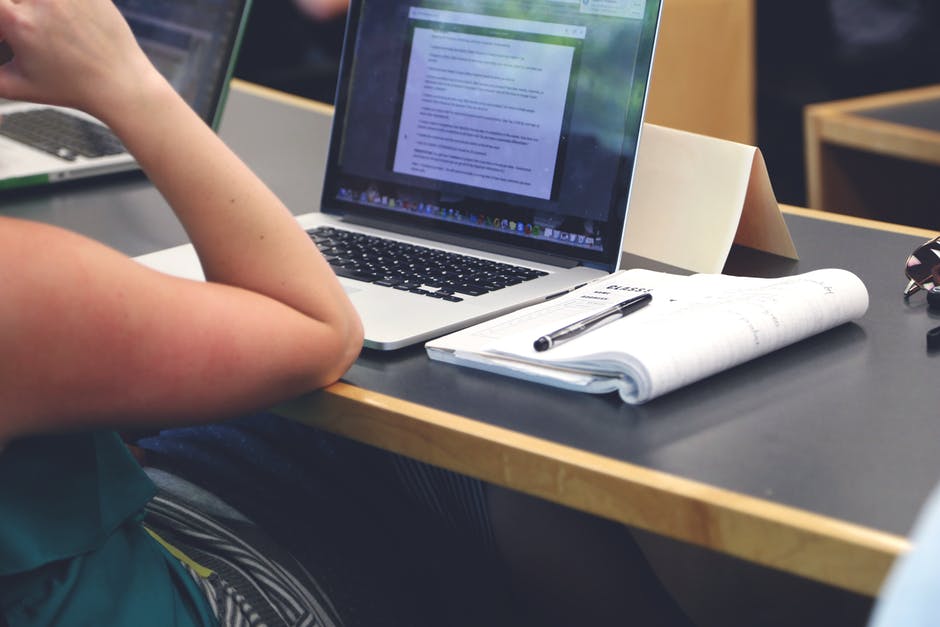I’m sure anyone who has an email app on their phone that is linked with a work email account can appreciate this situation: You’re sat at home with a cup of tea watching something on the TV, and that inevitable ‘ping’ signals a new email. You know it’s work, and you’re officially clocked off for the day. But you can’t wait until tomorrow to check it. It must be now.
Why is that?
It’s probably because sometimes an email will bring good news which is rewarding. As humans, we are highly responsive to rewards, and this can change our behaviour. We can describe the rate at which we receive emails that contain good news as ‘variable’, as we don’t know when a reward will come. This is essentially the same as a variable-ratio schedule in operant conditioning, where a response is reinforced after an unpredictable number of responses. This schedule creates a steady, high rate of responding. Gambling and lottery games are good examples of a reward based on a variable ratio schedule.
There are, of course, other reasons that you might want to check your work emails, which include: the culture of the company, a current high workload, or a fear of missing out (FOMO).
So, are email apps contributing to smartphone addiction? Possibly. However, there is a benefit to email apps on smartphones: they allow us to integrate work more cohesively into our home lives.
Many large businesses, such as Lloyds Banking Group, have embraced a cultural move towards ‘agile working’; whereby a 9am–5pm office-based workforce is no longer considered the norm. Technological advances, such as the use of smartphones and tablets, has supported this cultural change by allowing employees to remain connected to work from remote locations via email, video messaging and social media. A key advantage of agile working is that work demands can be more cohesively integrated with home life. However, an unintended consequence of agile working may be a blurring of boundaries between work and home domains.


Many large businesses, such as Lloyds Banking Group, have embraced a cultural move towards ‘agile working’.
Increasing expectations regarding availability suggest that employees may feel constrained to work via an ‘electronic leash’, and are compelled to immediately respond to work-related messages, even during leisure time. Employees who stay connected to work in this way make it very hard, if not impossible, to psychologically detach from work, which prevents adequate time for rest and recovery. Daily recovery from work during the evenings is critical to maintain good levels of employee well-being and productivity over the long term, whereas the beneficial effects of relatively long periods away from work (e.g., holidays and weekends) diminish quickly.
Work-related stress is a key public health priority. This is because in 2015/16 there were 488,000 cases of work-related stress in the UK, which resulted in 11.7 million working days lost. Work-related stress increases risk for poor physical and mental health, but there are also associated social and economic costs. The estimated economic cost of work-related stress in the UK is £7–12.6 billion per year, and the financial cost of mental ill health to British business is an estimated £26 billion per year, equivalent to £1,035 for every employee.
One way in which businesses (e.g., Volkswagen; Daimler) and indeed countries (e.g., France) have sought to improve employee well-being and productivity is by changing email practices. For example, some companies restrict ‘out of hours’ access to emails, whereas others automatically delete emails received when an employee is on holiday. However, very little research has examined the direct link between engaging with work emails and employee’s health and well-being, so it is currently unknown whether such changes in email practices have the desired beneficial effects.
As part of my research I’m interested in how engaging with work emails during leisure time may impact well-being and productivity. I hope that the results of my research will lead to positive and practical advice for employers and employees regarding email practices, with the key aim of improving employee health and well-being.
From a personal perspective, I no longer have work emails linked to my smartphone.
Dr Elizabeth Braithwaite is a Research Associate at the Department of Psychology of Manchester Metropolitan University.



